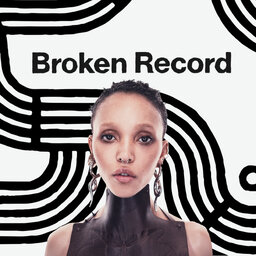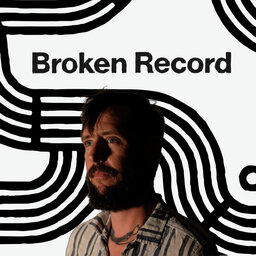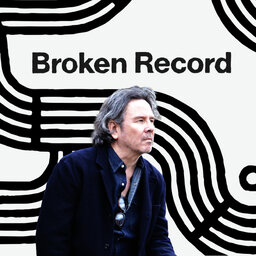Leslie Odom Jr. of Hamilton
Leslie Odom Jr., best known for playing Aaron Burr in Hamilton, speaks to Bruce Headlam about his career on stage and in music and also his new Christmas album. The Christmas Album is Leslie's second crack at a holiday album but his first time not having to do it on a budget. They also discuss Leslie's favorite Christmas music, what it was like playing a Founding Father as a Black Man, and lessons he learned from the incomparable talents of Nat King Cole and Sammy Davis Jr.
Subscribe to Broken Record's YouTube channel to hear old and new interviews, often with bonus content: https://www.youtube.com/brokenrecordpodcast
You can also check out past episodes here: https://brokenrecordpodcast.com/
You can find some of our favorite holiday songs + Leslie's new album HERE — enjoy!
Learn more about your ad-choices at https://www.iheartpodcastnetwork.com
 Broken Record with Rick Rubin, Malcolm Gladwell, Bruce Headlam and Justin Richmond
Broken Record with Rick Rubin, Malcolm Gladwell, Bruce Headlam and Justin Richmond


